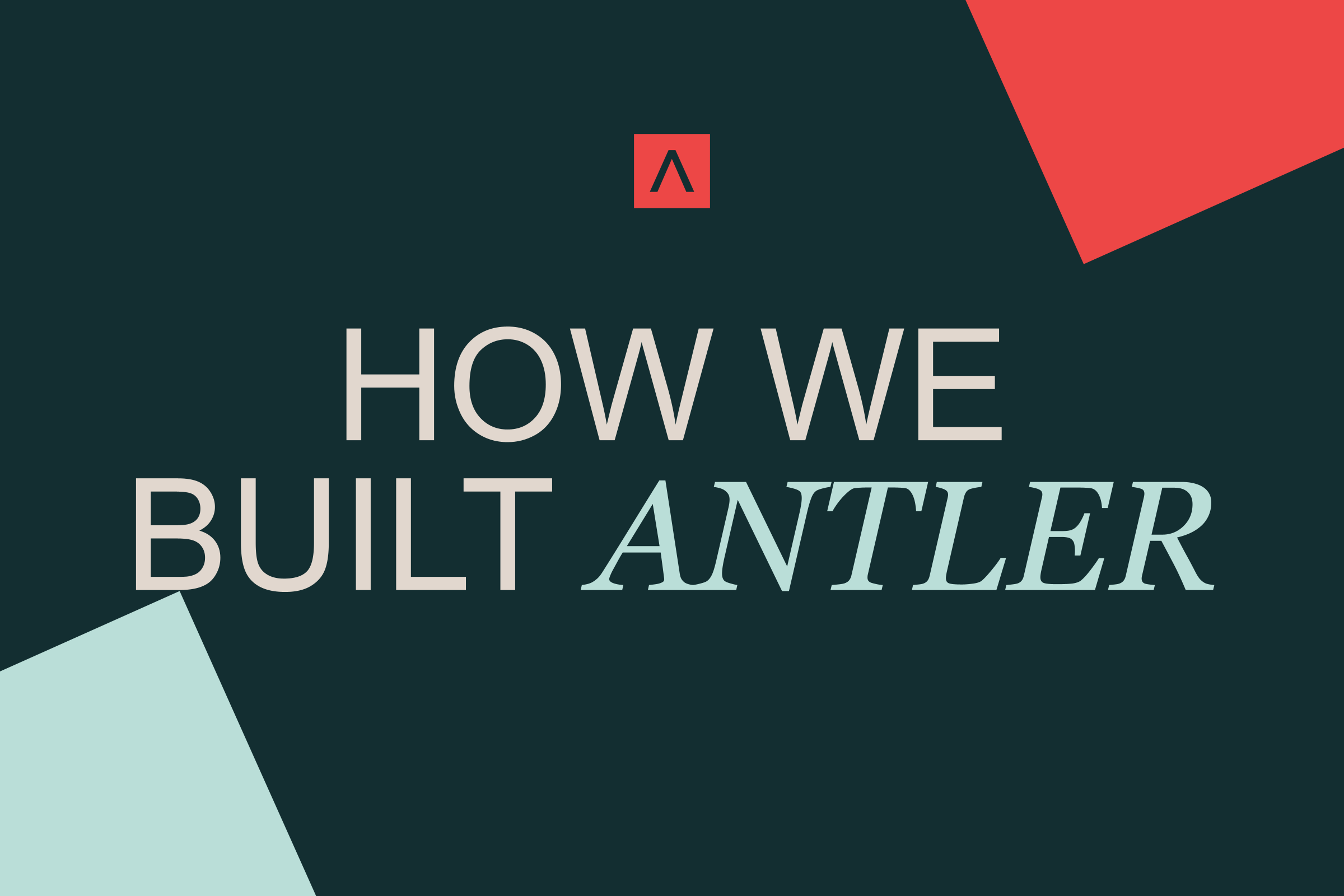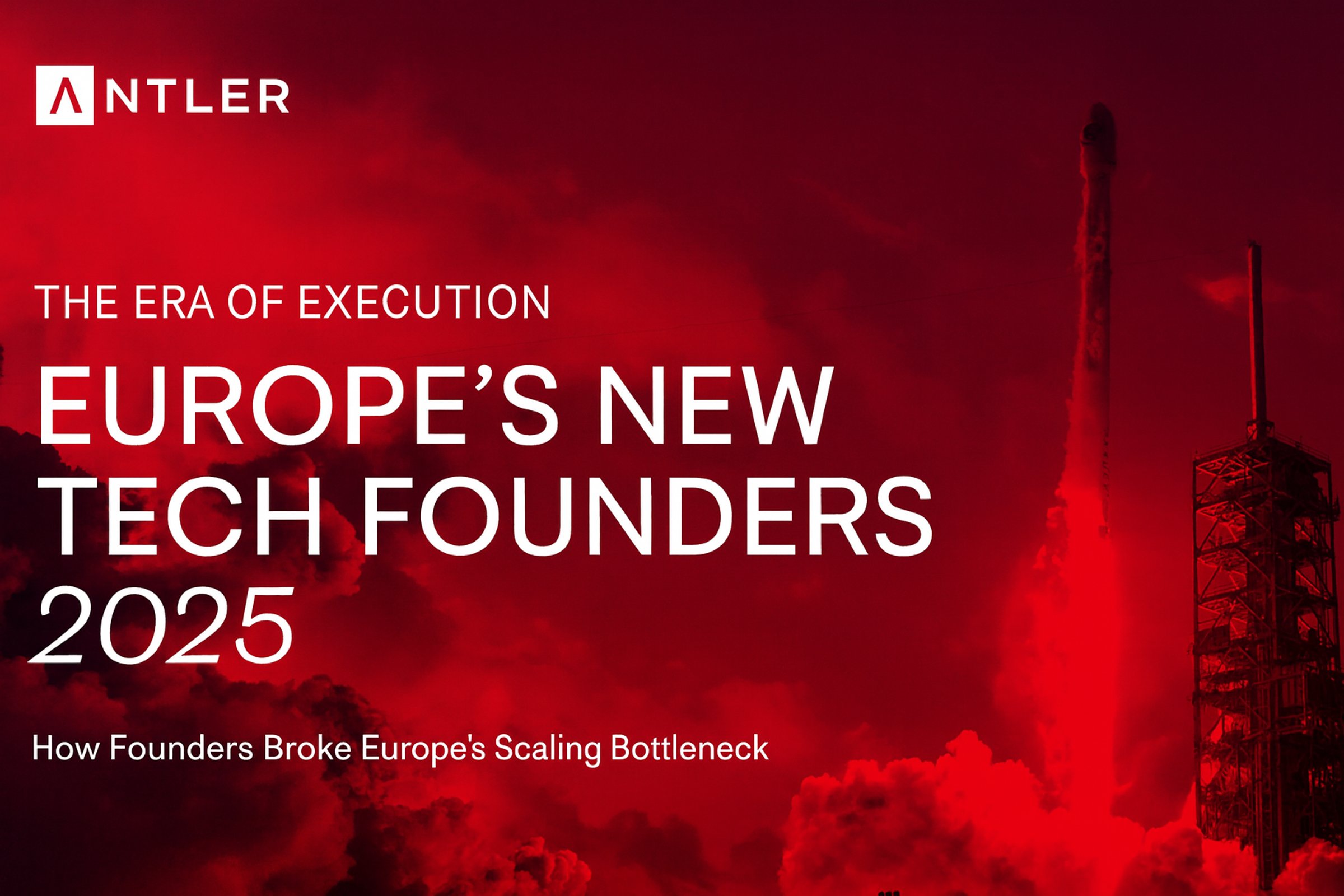2023 was a tumultuous yet transformative year in the venture capital and startup landscapes. As day zero investors, Antler has seen the effects of this year from a VC standpoint and through the lens of our portfolio companies. The following reflections offer a retrospective analysis of the past 12 months, imparting our view on the essential lessons for both VCs and entrepreneurs, along with predictions for what 2024 has in store for the Australian ecosystem.
Evolving Investment Strategies in Times of Uncertainty
2023 has seen a continued shift in the VC ecosystem that has been unfolding since late 2021. The economic downturn has led to an environment characterised by increased startup failures, layoffs, and diminished capital deployment. This has contrasted sharply with the preceding equity bull market - one of the longest in history - that culminated in record VC funding and lofty startup valuations. Following the challenges of 2020-2022 due to the pandemic, this negative trend has extended into another challenging year for startups and VCs. Company valuations and funding accessibility have rapidly declined, while interest rates continue to rise.
Despite the difficulties, the current downturn signals a return to more grounded and realistic market conditions. Encouragingly, there's a glimmer of optimism as public markets, often a precursor to private market trends, exhibit signs of recovery with tech indexes and the S&P 500 trading at 12-month highs. Paradoxically, this revival may be fueled by the anticipation of a recession, potentially leading to lower interest rates that could benefit equities, especially in the tech sector.
The key takeaway for investors and VCs is that resilience, patience, and portfolio diversification are essential. Early-stage valuations have been remarkably stable, particularly in conservative verticals like B2B, while late-stage valuations have been hit hardest. This has also highlighted the importance of portfolio diversification, with broader investment across various sectors and stages acting as a buffer against market volatility.
However, the average investor is significantly under-exposed to early-stage tech investments which have historically been high-growth opportunities. Downturns have been fertile ground for startups in the past especially, as evidenced by the emergence of major players during the 2008 financial crisis and 1990s dotcom crash. Given the average investor is significantly under-exposed to early-stage tech investments, VCs would benefit from putting greater emphasis on the resilience and adaptability of founders, recognising that these qualities are crucial in weathering difficult economic climates. Despite this promising scenario, patience will still need to be exercised long-term as the IPO market remains sluggish, causing exits to be pushed out and extending the investment horizon.
Founder-Centric Approach: Adapting Strategies for Success
For founders, 2023 has been a year of learning and adaptation. The current economic climate demands startups focus on practical, achievable goals and clear value propositions that are well-articulated and quantified with startups’ cap tables. With the reduced activity in later-stage VC investments, a greater premium has been placed on the fundraising ability of the founding team, their strategies, and the milestones to unlock raising the next round of funding. Antler now requires startups to outline their metrics and investor pipeline approach much earlier than before.
Extended timelines are influencing earlier engagement with investors, increased diligence around customer acquisition, and more realistic valuation expectations. This involves exploring alternative channels outside of advertising spend, such as external channel partners, organic content strategies, or influencer marketing funded through carry such as ESOP. The current signal is clear: be efficient, be innovative.
Not to be overlooked is the critical nature of founder-problem fit. In a world where similar ideas are pursued globally and VCs have become more selective, the distinct advantage and credibility of the founding team has become more crucial than ever. While AI is the latest du jour, VCs like Antler have seen hundreds of AI-based ideas in 2023. So, when these companies pitch, investors are going to challenge founders hard on why they will be THE founding team to build a $1 billion business in this saturated space. It means VCs are increasingly black-and-white in their funding decisions: if the pitching company is not in the top decile of founder pairings that could tackle this problem, they are highly unlikely to be successful and not worth exposing their Fund(s) to.
Sector Insights and Future Trends
Looking at discrete shifts, many sectors within the startup ecosystem are feeling the volatility and uncertainty while others are growing exponentially. Crypto, once a hotbed of investor interest, has fallen out of favour - though there are prospects of a resurgence. In contrast, AI has emerged as a significant area of interest, with its potential to transform a wide array of industries becoming increasingly evident. There's also been an increased focus on sectors that offer direct cost savings to businesses, particularly in manufacturing and industrial optimisation, like Factory AI. These sectors present opportunities for startups to offer innovative, tailored, and practical cost-saving solutions to modernise outdated systems and processes.
Looking to the future, the sentiment remains cautious but hopeful. 2024 could present favourable conditions for launching startups and deploying capital. Despite this, the VC landscape itself is likely to undergo consolidation, with a decrease in the number of active funds and increased activity in the secondary market. This environment will favour funds and startups that are well-positioned to adapt to these changes, highlighting the importance of strategic foresight and flexibility.
This year, Antler in Australia made 27 initial investments, and despite a challenging environment, several early-stage Australian portfolio companies successfully closed substantial funding, including Sahha, RecycleSmart, PropCode, Nuggets Academy, Andisor, Tactiq, Hudled, and GoFIGR (formerly Flow of Work). Fundraising for our second Fund has also been a major success, with commitments surpassing the A$60M target. These milestones point towards an optimistic future, not only for Antler and its portfolio but for the broader VC environment. Notwithstanding the volatility of 2023, the endurance and growth of early-stage investments and the VCs behind them this year confirm the resilience and promising outlook of this sector.
Navigating the VC and startup environments has required resilience, adaptability, and a keen understanding of both economic trends and foundational business principles. As we enter 2024 with geopolitics and the Australian economy still in flux, these lessons will undoubtedly continue to influence strategies and decisions in the venture capital sphere for the foreseeable future.


.avif)




.png)

